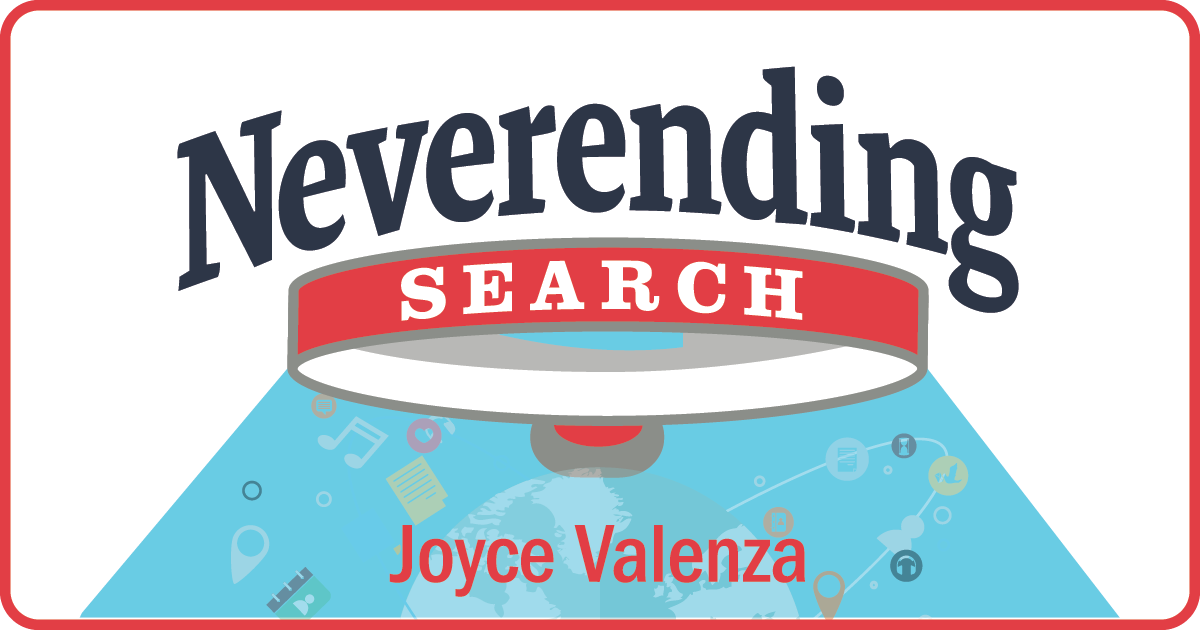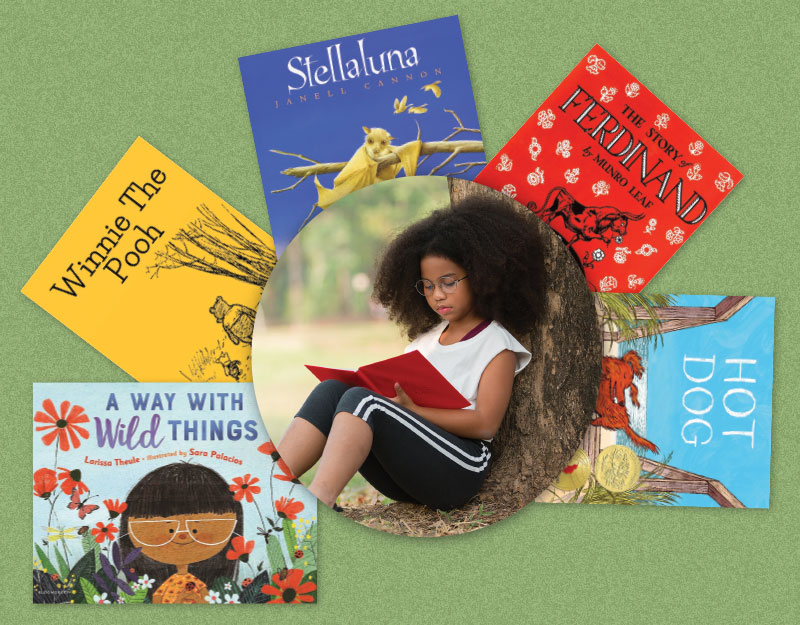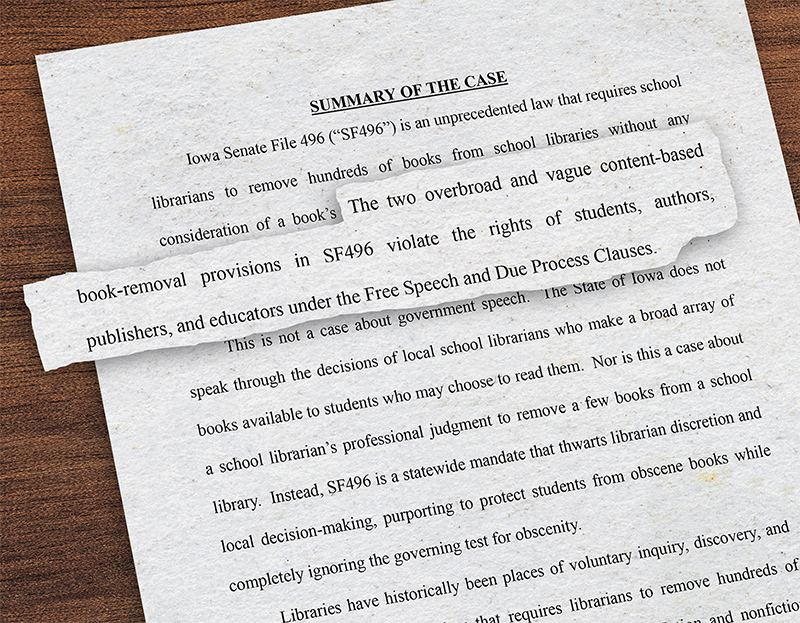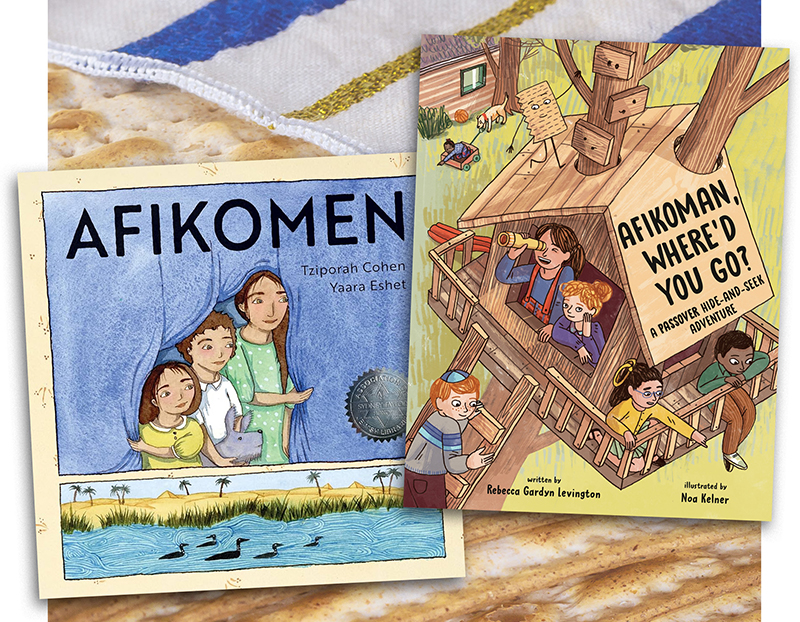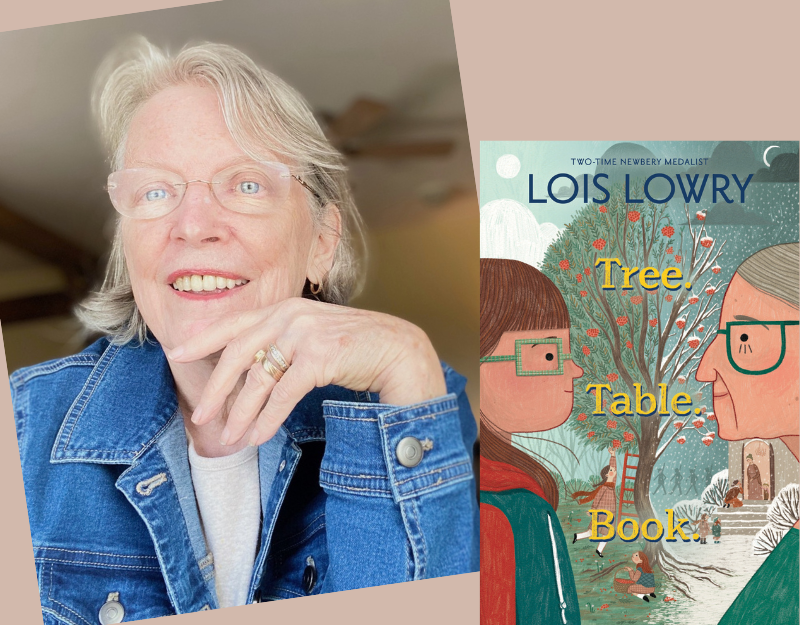SCROLL DOWN TO READ THE POST
What school librarians make (revisited)

Back in November of 2010, I wrote a response to a superintendent’s proposed elimination of school libraries in New York State.
Recent ill-informed threats to school librarians and the equity they provide across our country inspired me to update a poem I wrote in the style of Taylor Mali’s classic response to an ignorant dinner party question regarding What Teachers Make.
What librarians make. (Or Why Should I be More than a School Librarian?)
(Inspired by Taylor Mali and his poem What Teachers Make)
They say the problem with librarians is that they are antiquated.
The problem with libraries is that they are anachronisms, sacred cows.
Sometimes, when I am introduced, people refer to me as more than a librarian because I write a blog or speak at an occasional conference. Because it is not impressive enough to be a librarian.
ADVERTISEMENT
ADVERTISEMENT
In polite company, I bite my tongue when I hear them ask:
“You’re a school librarian, Joyce,” they say. “Be honest. With all the information out there freely available, what exactly do you do?”
They ask me to be honest.
And, you see, like Taylor, I have a policy about honesty, especially when it has to do with equity for kids. And if you ask for honesty, then I have to let you have it.
Let me start by reframing the words of a well-known, former political advisor,
It’s equity, stupid. It’s equity of access. And it’s equity of experience.
To be honest, I believe that all children deserve strong school libraries with professional teacher librarians.
To be honest, I believe that school libraries are anything but anachronisms.
You want to know what I do? You want to know why I am here?
I am here to introduce young people to a rich world of books and literature, options they can select themselves. Options that allow them to see themselves in the stories. Options that allow them to explore diverse voices and experiences. I am here to see the joy on a kid’s face when she shares that she loved or was inspired by the book she borrowed last week. The one she stayed up all night reading. Recently I saw that joy on a kid’s face as he began reading his first audiobook.
I have a library collection that includes everything today’s literate kid needs–ebooks, audiobooks, open educational resources, streamed media, cameras, tripods, tablets, green screens, digital storytelling and digital publishing tools, WiFi hotspots, and materials to support their needs to design and create. My collection includes and validates their creative products.
I am here to help learners ask important, sometimes tough questions.
I am here to help learners understand that when they ask questions, they have a rich search toolkit available to them and that toolkit reaches beyond one big search engine and that that toolkit offers them access to databases containing high-quality ebooks, magazines and newspapers and scholarly journals and primary sources and media of all sorts.
As it continues to shift, I am here to organize the information landscape for my classroom teacher partners and our kids.
I am here to help learners effectively access what they need through the digitally curated websites and guides I create and maintain. I model for our kids and our teachers how they might organize their own information worlds and their networks across their devices.
I am here to help learners question and critically evaluate, to triangulate the authority of information and media in all formats. My kids can evaluate a website before they even visit it. And when they do visit a document, they can read it laterally, exploring not only what’s on the page, but what’s beyond it and what’s connected to it.
I am here to teach kids strategies for search. I am here to give them special searching powers, enabling them to reach and think beyond personalized results.
I help students build knowledge from the information they gather. I help them analyze and synthesize and make meaning. I prepare them to thoughtfully use information to solve problems and make informed decisions. I am here to help learners sort through multiple perspectives as they build their own.
I help learners communicate and collaborate using the tools of their time. I help them become writers and producers and storytellers and networkers and sharers of new knowledge. I curate for them and encourage them to curate digital tools to support every step of their workflow from brainstorming to publishing.
My high school seniors have been prepared for the rigors of college research.
I help them discover that what they create should have meaning and audience. That it should make a difference.
When my kids build media, when they remix, they know how to honor respect the intellectual property of others.
They know about the Creative Commons movement. They are beginning to attribute Creative Commons licensing to their own work to show others how they would like their own work to be used.
They know the rights and the limits of Fair Use. They know how to attribute credit, how and when to quote any type of media. They know how to flex their fair use muscles.
I teach kids to be solid and proud citizens of their towns, their country and the world. I teach them to be kind bloggers and tweeters and networkers and contributors. I help them understand their digital footprints, and I encourage them to build robust academic digital footprints, footprints they can share with pride.
I am here to work with classroom teachers and instructional coaches to build instruction, to guide inquiry, to build projects and assessments that focus on creativity and meaning, leveraging the most effective information tools and strategies of our time.
Our library is more libratory than library. It is the center of our school. It is often a little noisy. When you enter our physical space you will hear the sounds of podcasting and video production and storytelling and presentation–of the very type of productive collaboration employers today would like to see.
Library is not merely a place to get stuff. It is a place to invent, to create, to make stuff, to collaborate on stuff, and to share stuff. It is more kitchen than grocery store–more transformational than transactional.
I am here to ensure that all my students have equitable access to the tools they need to learn and create. I know that access to these tools is an intellectual freedom issue. I know that equity of the experiences that happen in an effective school library program is also an intellectual freedom issue.
I teach every kid, across grade levels, disciplines, abilities and the languages they speak at home. I watch and help them grow over the years they are in our community.
I know their parents and I know and engage with the members of our larger community. I know our community’s needs.
I seek to discover equity gaps. I work to build bridges.
You want to know what I make? You want to know why I am here?
I make kids smile and laugh and think.
I encourage kids to read across all the glorious traditional and emerging platforms on which reading might be experienced.
I make them plan and write and produce and communicate and share.
I make kids wonder,
I make them inquire.
I make them explore.
I make them search.
I make them curate.
I make them analyze and evaluate.
I make them take a stand.
I make them defend their stands with evidence.
I make them tell stories.
I make them design.
I make them innovate.
I make them create.
I make them collaborate and share.
And I make them work hard. “Don’t waste my time with anything but your best.”
When they fail, as we all do, I encourage them to reflect and I encourage them to iterate.
And I celebrate their best.
Let me break it down for you, so you know what I say is true:
My classroom is the largest classroom in the school and I know the names of nearly 800 kids and I greet as many as possible personally each day.
I offer a safe school space for all of our children, even when school is scary.
I am, to many, a safe adult who will not judge and will protect their freedom to read and explore beyond the scope of curricula. I will also respect their privacy.
I promote learning that is both lifelong and life-wide.
Our library has more than one door. Our digital library is ubiquitous and pervasive and important. It is open day and night.
ADVERTISEMENT
ADVERTISEMENT
I ensure students and teachers access to the highest quality print materials as well as 24/7 access to the highest quality digital materials in the form of newspapers, magazines, research journals, ebooks, audiobooks, video and all forms of streaming media. And I make sure that all of this freely available content is accessible in their homes and across the devices in our school.
My kids do well on their bubble tests. But I am also here to ensure that our kids participate as information and media literate citizens–citizens who demonstrate empathy.
Before you allow an administrator or a school board to make an uninformed decision that will affect the children in your community, investigate and try to understand.
Because . . .
If you really understood what happens in our library, you would know that it is anything but a sacred cow, anything but an anachronism. It is a growing, vibrant, central element of our school’s reading culture, of its creative culture, of its learning culture.
If you want evidence, come for a visit. Ask my kids. Ask our graduates. I can share research if you like. I can also share some powerful statements describing our responsibilities our impact on learners.
But I need you to know. My colleagues and I make a goddamn difference!
Forgive me if I, perhaps rudely, again remix the words of that political advisor: “It’s about equity, stupid.”
The kids in cities like L.A., Philadelphia, Detroit and Chicago, deserve the same equity of access and experience as the kids I served in the suburbs.
We are NOT anachronisms. We are NOT simply nice to have around. We are NOT a luxury.
And, you see, there is no need for me to be more than a librarian.
Because being an effective school librarian is more than enough.
Some resources:
- AASL National School Library Standards
- AASL School Library Evaluation Checklist
- AASL Definition of an Effective School Library Program
- Curated resources on Information Equity, Privilege and Poverty
- Why school librarians matter: What years of research tell us. Keith Curry Lance and Deb Kachel’s 2018 overview research and impact studies.
Note: In his Newsday article, Dr. Marc Bernstein, Superintendent for the Valley Stream (NY) Central High School District, suggested Steps to Take Now for our Schools; What Cuomo Can Do to make NYS Education More Efficient and Effective. He also published the following:
- School Libraries: An Anachronism?, EdWeek 3/2/10
- Is the School Library a Sacred Cow. American School Board Journal 197(4) April 2010. 68–69.
See the older poem recited: What librarians make. Or Why Should I be More than a Librarian? on Vimeo.
Filed under: technology
About Joyce Valenza
Joyce is an Assistant Professor of Teaching at Rutgers University School of Information and Communication, a technology writer, speaker, blogger and learner. Follow her on Twitter: @joycevalenza
ADVERTISEMENT
SLJ Blog Network
The Moral Dilemma of THE MONSTER AT THE END OF THIS BOOK
Cover Reveal and Q&A: The One and Only Googoosh with Azadeh Westergaard
K is in Trouble | Review
A Reading Community: A Love Letter to Local Independent Bookstores, a guest post by Heather Del Piano
The Classroom Bookshelf is Moving
ADVERTISEMENT
ADVERTISEMENT

